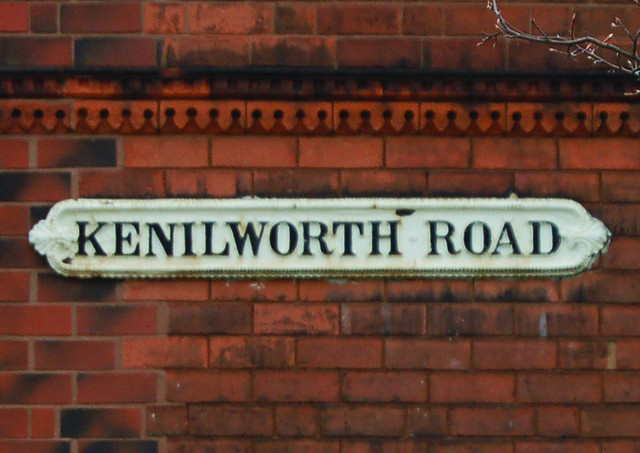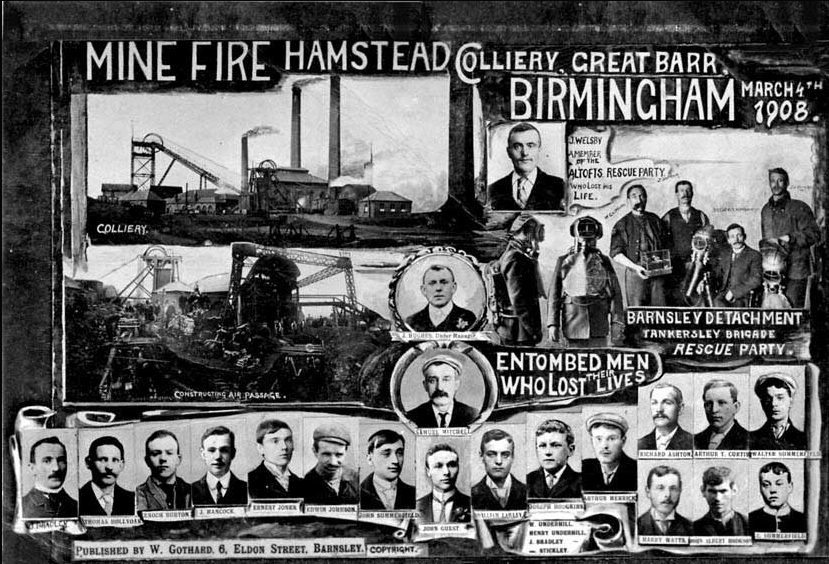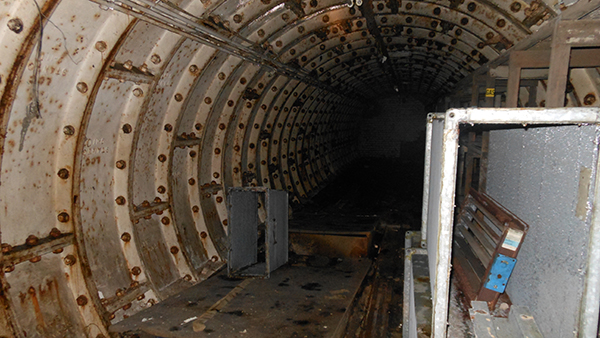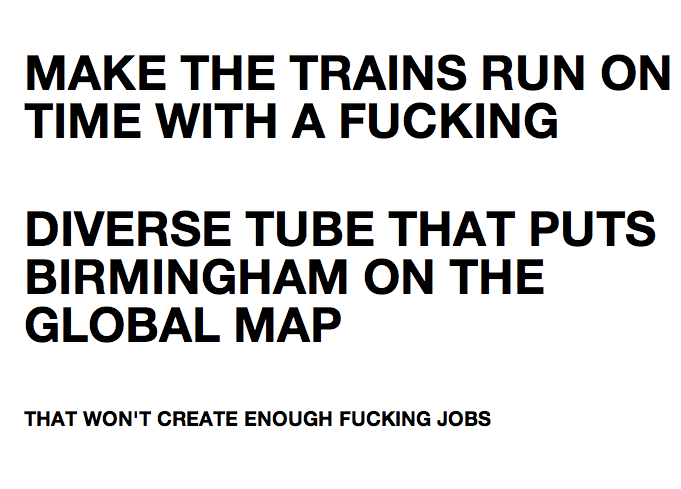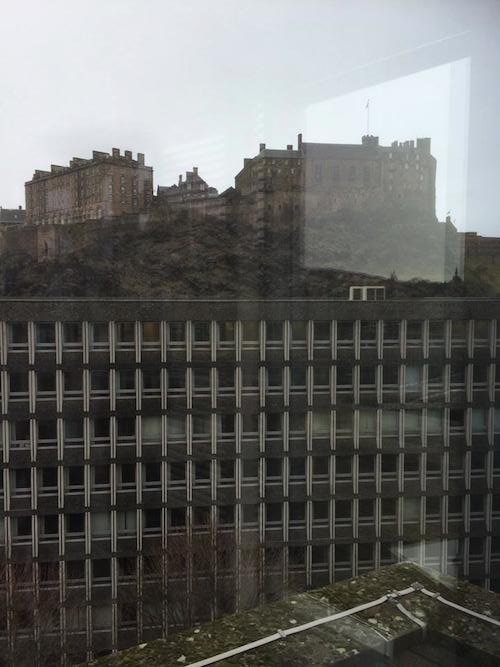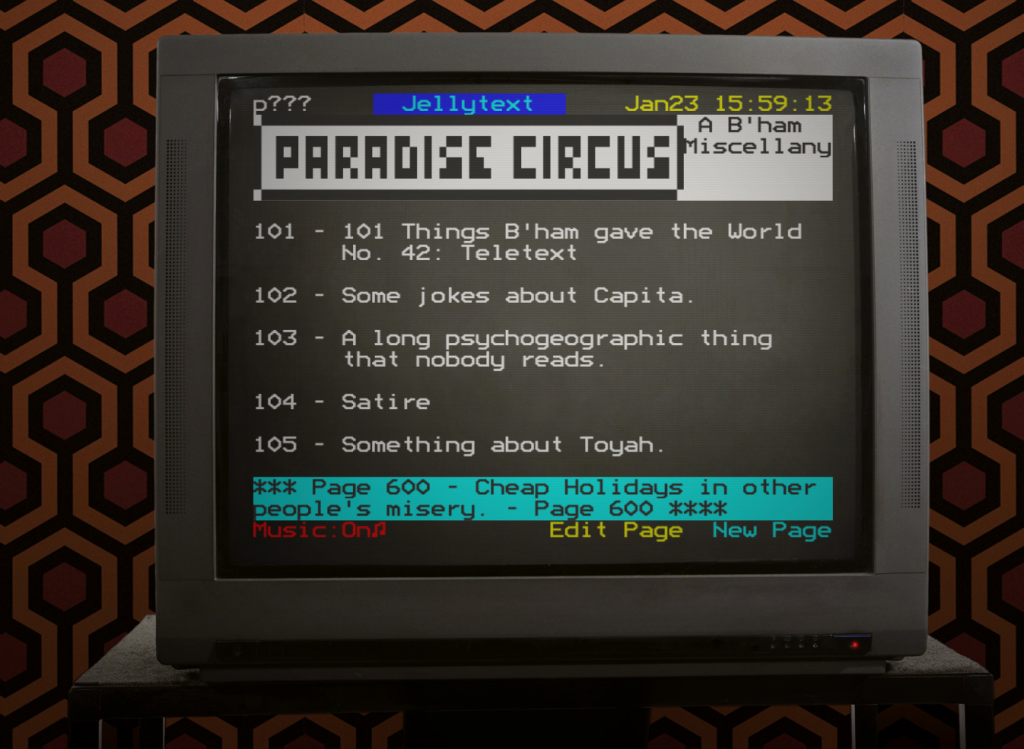Shops used to be different back then, from now and from each other. Each one had its own smell and atmosphere. Visits to Witton Road were infrequent, as the concrete shopping centre at Perry Barr was the preferred destination, but when we did go it was usually for something exciting and interesting. Turning right rather than left at the bottom of our street was quite a treat.
Each block on the Witton Road started with a larger shop, and the sides of the buildings were painted with signs. ‘Leslie Smith for Television’ read one. I never went in as we had a TV and no need for another, but it was a special shop as I’d been told Leslie Smith used to play for Aston Villa whose ground was on the next main road over. On the next corner was Dick Taylor’s sports shop. Everyone called him ‘Discount Dick’, despite the name over the door saying ‘R. Taylor’, and he too had once been a Villan. I got my first pair of football boots there, a reward for making the school team, and the place had a beautiful dark smell of rough cloth. My dad wouldn’t have taken me anywhere else as he would get a good deal there. He often bought whole kits for the football team he helped to run, and a good customer would be remembered.
The shops nearer to our house were also interesting. The greengrocer was known as ‘Dick Turpin’, which gave him an air of untrustworthiness. As well as an apron, my image of him has a black fedora which I very much doubt a greengrocer wore in the late seventies in Aston, Birmingham. But my favourite shops were just along from the highway-robbing fruit and vegetable man, a chemist and a newsagent next to each other.
Continue reading “Local shops”

